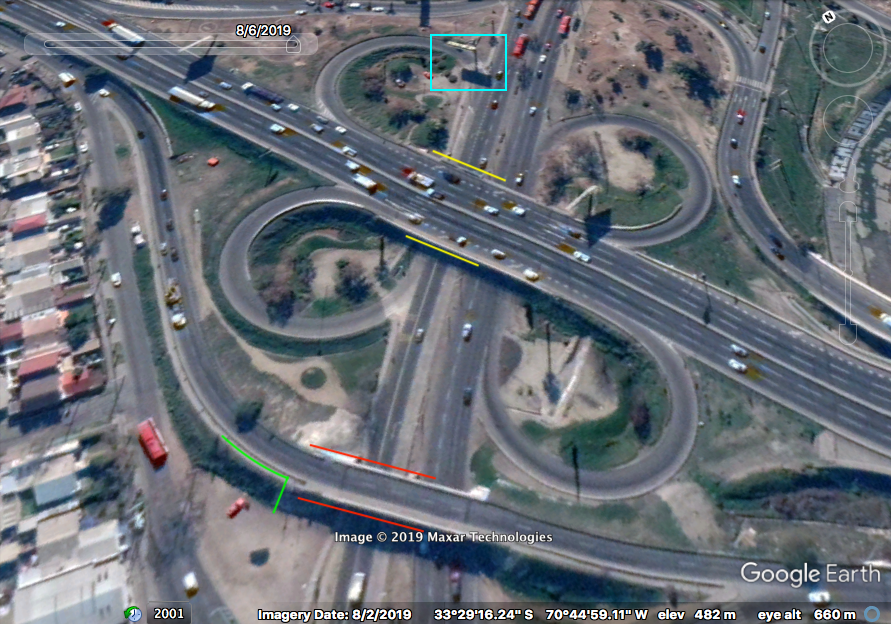In ch. 8, Bildad makes his first contribution to Job and his friends’ debate.
His speech consists of:
🔹 a criticism (8.2–4),
🔹 a challenge (8.5–7),
🔹 an appeal to authority (8.8–10),
🔹 a couple of illustrations of the wicked’s demise (8.11–19), and
He has sat and listened patiently as Job has ignored Eliphaz’s argument (chs. 6–7), and has decided a different approach is required.
or to ask Job some questions and let him answer them.
But, instead, Bildad decides to go on the offensive.
It is time for some tough love.
Or at least for some toughness.
That the cry ‘How long?’ (עד אן/אנה)—the archetypal cry of the sufferer (cp. 19.2 w. Psa. 13.2–3, 62.4, Jer. 47.6, Hab. 1.2)—is first heard in the book of Job on the lips of Bildad is a sad irony.
‘Or God brings righteous (people) to ruin’ (יעות צדק).
‘If your children sinned against God’, he says, ‘wouldn’t God have (rightly) given them over to the consequences of their transgressions?’ (8.4),
We may even be meant to read Bildad’s words as ‘*When* your children sinned against God…’ (אם בניך חטאו: cp. the syntax of 7.4, 9.23, 10.14, 14.5, etc.),
In other words, Job simply needs to pull himself together and make peace with God, and all will be well.
The plant continues to survive for a while, but then withers prematurely,
which, Bildad says, is a picture of all those who forsake God.
Although its life ends in destruction, it is said to be green and lush and to have well-spread roots.
It is also said to experience ‘joy’ (משוש) in life.
but the text of 8.16 doesn’t give us any indication of a change in subject matter,
Sometimes the wicked perish quickly (8.11–15), and sometimes it takes longer (8.16–19). But, one way or the other, God gets his man (8.20b), as he’s done in Job’s case.
Our author does not portray the wicked in ambiguous terms by accident.
He does so because, if we simply consider people’s prosperity (or otherwise) in the present world,...
Indeed, it is impossible not to do so (cp. Jesus’ parable of the wheat and the tares: Matt. 13.24–26),
which is the whole problem with Job and his friends’ theology.
rather, it is one of many clues our author has left us in order to help us as we go.
Just as seeds of hope are buried within Job’s speeches, so seeds of self-defeat are buried deep within his friends’.
Bildad’s world is black and white.
God never perverts the course of justice (8.3).
God never refuses the requests of the blameless (8.20a).
And God never sustains the lives of the wicked (8.20b).
If he does, all will be well (8.20–22); otherwise, only judgment awaits him (8.11–19).
It is spirited, eloquent, and powerful.
Huge swathes of it, however, are either mistaken or irrelevant,
which our author brings out by means of a number of textual clues/indicators.
Yet ch. 1 employs these same words to describe a very different situation.
Each day, he would atone for his sons’ sins (חטא).
Each feast day, he would summon (שלח) and consecrate them.
Bildad’s claim is, therefore, badly mistaken.
Again, however, Bildad is mistaken.
And Job’s righteous estate (צדק) is in no need of restoration.
‘Though your initial state was small’, he says, ‘your latter days will be very great’.
Job? A man of a small initial state?
Why would Bildad make such a ridiculous statement in 8.7?
My guess is as follows: because Bildad’s statement is not really a ‘statement’ at all;
Bildad’s theology is not an attempt to grapple with the real world. It is a grab-bag for people who want quick and easy answers to difficult questions.
And, sadly, it only multiplies Job’s sorrows in the end.
Bildad claims to know what God has done to Job on the basis of what the fathers have ‘searched out’ (חקר) in times past (8.8).
all of which highlights the bankruptcy of Bildad’s tradition.
First, however, a brief reflection to close.
They can harm people or they can heal people.
Consequently, as Christians, our speech must be marked out by love,
which Bildad’s words certainly aren’t.
Whereas love is patient, Bildad is impatient.
Whereas love is kind, Bildad is cruel.
Whereas love seeks to honour people, Bildad dishonours people.
Whereas love rejoices in the truth, Bildad makes false accusations.
Whereas love seeks to protect people’s reputations, Bildad destroys people’s reputations.
And why? Because Job’s life has called Bildad’s theology into question, which he clearly feels threatened by (cp. 18.4).
He too was abandoned by his friends.
He too made claims which were out of kilter with the orthodoxy of the day.
He too was accused of sin.
And yet, like Job, he was ultimately vindicated, while his opponents were put to shame (42.7).
at which point his status as ‘the one in whom God is well-pleased’ will be plain for all to see.
Insofar as he claims to know why Job has been beset by disaster, Bildad claims to ‘understand great mysteries and possess great knowledge’.
which is a strong point for Paul to make, but is one we still very much need to hear.
THE END.
















